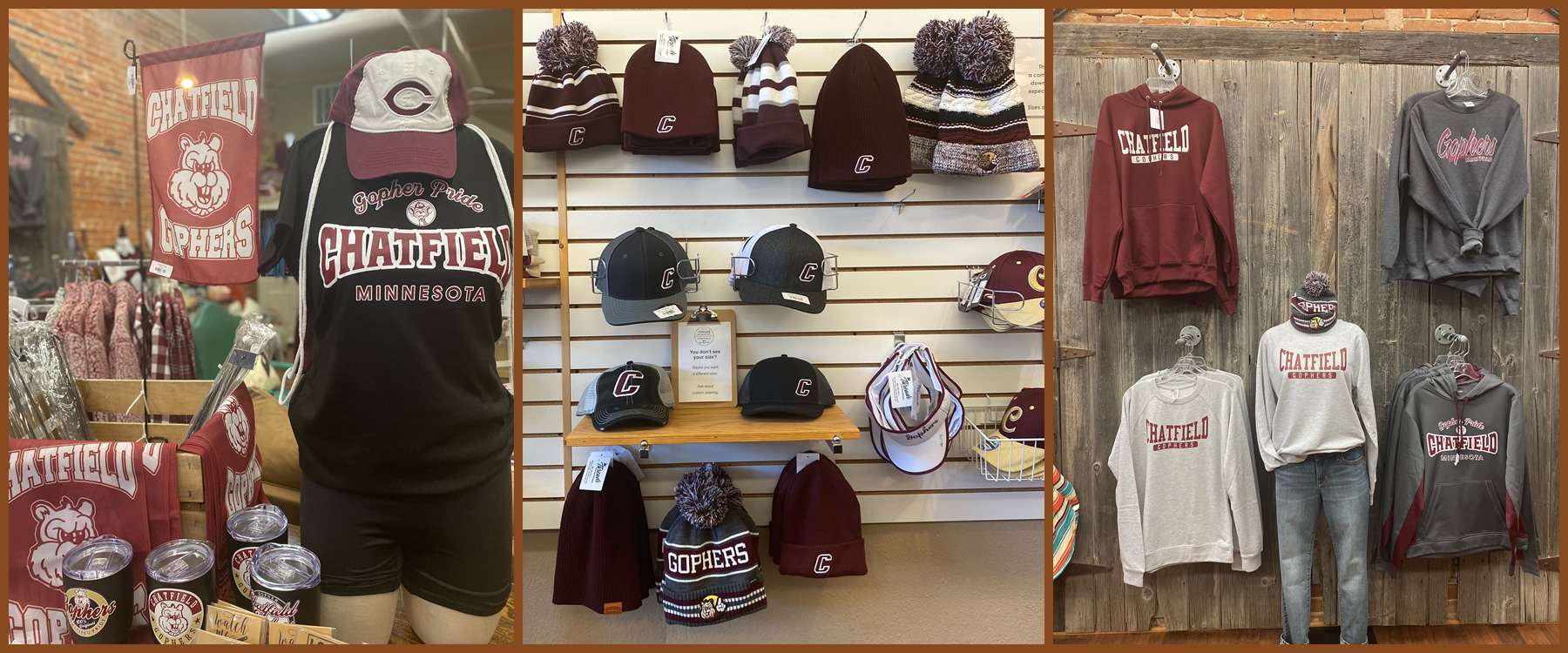Customization is a term that refers to the process of tailoring products or services to meet the specific needs and preferences of individual customers. While customization can provide many benefits, such as increased customer satisfaction and loyalty, it is often more expensive than standard products or services. In this blog post, we will explore the reasons why customization is more expensive and the benefits it can provide.
- Increased Complexity
Customization requires a higher level of complexity in the design, production, and delivery of products or services. This complexity can result in higher costs due to the need for specialized equipment, materials, and labor. For example, a custom-made suit requires more time and effort to design, measure, cut, and sew than a standard off-the-rack suit.
- Higher Labor Costs
Customization often requires more skilled labor, which can be more expensive than unskilled labor. Skilled labor is necessary to design, produce, and deliver customized products or services that meet the specific needs and preferences of individual customers. For example, a custom-made wedding cake requires a skilled pastry chef who can create a unique design and flavor that meets the couple’s preferences.
- Limited Economies of Scale
Customization often results in limited economies of scale, which means that the cost per unit decreases as the volume of production increases. Customized products or services are often produced in small quantities, which can result in higher costs per unit. For example, a custom-made piece of furniture may require specialized materials and labor that are not available in large quantities, resulting in higher costs per unit.
- Increased Customer Satisfaction and Loyalty
Despite the higher costs, customization can provide many benefits, such as increased customer satisfaction and loyalty. Customized products or services are tailored to meet the specific needs and preferences of individual customers, which can result in higher levels of satisfaction and loyalty. For example, a custom-made engagement ring can provide a unique and personal symbol of love and commitment that cannot be replicated by a standard off-the-shelf ring.
In conclusion, customization is more expensive due to increased complexity, higher labor costs, limited economies of scale, and other factors. However, the benefits of customization, such as increased customer satisfaction and loyalty, can outweigh the higher costs. As a result, businesses should carefully consider the costs and benefits of customization when deciding whether to offer customized products or services.

